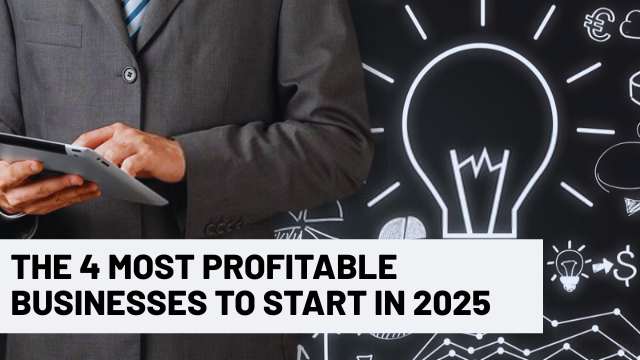The world is changing fast, and so are the opportunities. Entrepreneurs are no longer tied to brick-and-mortar storefronts, nor do they need massive startup capital to build thriving businesses. As 2025 approaches, fresh economic trends, emerging technologies, and shifts in consumer behavior are carving out fertile ground for smart, scalable ventures.
If you’ve been asking yourself what kind of business you should launch in 2025, you’re not alone. With markets getting increasingly competitive and saturated, finding the right idea can feel overwhelming. But don’t worry—we’ve zeroed in on the four most profitable businesses to start in 2025, based on industry forecasts, scalability, demand, and long-term growth potential.
These aren’t just guesses. They’re grounded in trends you can track and backed by data you can trust. Whether you’re planning to quit your 9-to-5 or looking for your next big leap as a seasoned founder, these business models offer real potential to generate revenue, build wealth, and create freedom.
E-commerce Niches Built on Personalization
E-commerce is no longer a novelty—it’s the norm. Yet the race isn’t over. What differentiates winners in 2025 will be their ability to personalize the online shopping experience. General stores are on their way out, while curated, niche-driven online brands are thriving.
Shoppers today want to feel seen. They want solutions, not just products. Businesses that leverage data and AI to create tailored experiences will soar. Think curated subscription boxes, product recommendation engines, or even AI-personalized skincare or wellness solutions. Platforms like Shopify, WooCommerce, and BigCommerce are making it easier than ever to build and scale a store with global reach and local appeal.
In 2025, the most profitable e-commerce businesses will be those that don’t just sell—they connect, delight, and serve deeply specific audiences. Add high-quality branding, excellent fulfillment, and seamless user experience, and you’ve got a winning formula.
Online Education & Skill-Based Learning Platforms
The education revolution has already started, but 2025 will be the year it becomes unstoppable. From industry professionals to creative minds and side-hustlers, people are turning to online learning to advance their careers, pivot industries, or monetize their passions.
Starting a business that offers digital courses, coaching programs, or niche learning communities is an incredibly profitable idea. It’s high-margin, low overhead, and infinitely scalable. You create a course once, then sell it over and over again with the right email marketing and social proof.
Platforms like Teachable, Kajabi, and Thinkific are making it easy to launch. But success here isn’t about just packaging information—it’s about solving a real problem. The best educational businesses in 2025 will focus on transformation, not just content. That means giving learners practical outcomes, accountability, and a sense of belonging.
From digital marketing to productivity, from coding to crafting—people are ready to pay for guidance and expertise. If you’ve got a skill, you’ve got a business.
Green & Sustainable Business Solutions
Consumers, governments, and corporations are turning green. Climate change, environmental responsibility, and ethical sourcing are not just buzzwords—they’re business imperatives. And that’s why launching a business rooted in sustainability is one of the most profitable moves you can make in 2025.
This doesn’t mean you need to start the next Tesla or launch a solar energy empire. Small businesses that offer eco-friendly alternatives, zero-waste products, upcycled fashion, biodegradable packaging, or green consulting services are growing fast.
Local and global buyers are actively seeking ways to reduce their carbon footprint. Businesses that help them do that—without sacrificing convenience or quality—will win their wallets and loyalty. Combine this with solid digital marketing and authentic storytelling, and your business can scale organically and profitably.
Additionally, governments are offering grants and incentives for green innovation. That means the barriers to entry are shrinking, and the doors to funding are opening wider than ever before.
AI-Powered Service Businesses
Artificial intelligence is rapidly transforming how businesses operate. But it’s not just for tech giants anymore. AI tools are now available to entrepreneurs who want to start lean, grow fast, and disrupt traditional service industries.
Imagine launching a copywriting agency that uses GPT-powered content tools to generate SEO-optimized blog posts. Or a graphic design service that leverages AI-powered platforms to deliver stunning visuals on demand. Or maybe even a virtual assistant agency that integrates AI chatbots and productivity tools to serve clients faster and more efficiently.
The magic here lies in the hybrid model. You don’t just offer services—you combine them with tech to deliver better results, faster and cheaper. This unique value proposition will set you apart in 2025.
And it’s not all hype. Businesses that merge AI with creativity, strategy, or consulting will be highly scalable and low in operational costs. The trick is knowing which part of your service can be automated, and which part still needs a human touch. When you get that balance right, profitability follows.
Why These Businesses Will Thrive in 2025
One reason these businesses are poised for profitability is that they meet people where they are. They offer real solutions, tap into long-term trends, and are adaptable to new technologies. They also benefit from low overhead, online scalability, and global reach—all crucial in today’s volatile economy.
Another key factor is the ability to build multiple revenue streams. E-commerce brands can expand into affiliate marketing or physical retail. Online educators can add memberships, coaching, or masterminds. Green startups can license their innovations or offer workshops. AI-based services can scale into SaaS products or digital tools.
The smartest businesses in 2025 won’t rely on one tactic or platform. Instead, they’ll evolve as trends change, using feedback, analytics, and automation to stay ahead of the curve.
Conclusion
Starting a business in 2025 doesn’t require a revolutionary idea. What it requires is alignment—with market demand, tech innovation, and your personal strengths. The most profitable businesses of the coming year will combine purpose, strategy, and flexibility.
Whether you’re drawn to building a product-based empire, launching a knowledge-sharing platform, fighting for the planet, or offering smarter services powered by AI—2025 is your year to rise.
Start with what excites you. Validate it with research. Then move forward with clarity and courage. The economy is shifting, but opportunity is everywhere. Your move.
Frequently Asked Questions About Profitable Businesses to Start in 2025
Q1. What makes a business profitable in 2025?
Answer: A profitable business in 2025 solves a real problem, is tech-savvy, scalable, and aligns with long-term consumer trends like personalization, sustainability, and convenience.
Q2. Do I need a lot of capital to start these businesses?
Answer: Not necessarily. Many of the most profitable businesses in 2025—especially online education or AI-driven services—can be launched with minimal startup costs and scaled organically.
Q3. How important is technology for starting a business in 2025?
Answer: Tech is foundational. From AI and automation to digital marketing and online platforms, technology enables faster growth, better decision-making, and leaner operations.
Q4. Is e-commerce still a good option in 2025?
Answer: Absolutely. But the key to profitability lies in niche selection, customer experience, and personalization. General stores are fading; niche and direct-to-consumer brands are on the rise.
Q5. What is the risk of entering a green business in 2025?
Answer: While all businesses carry risk, green businesses are increasingly backed by public support, investor interest, and government funding. The biggest challenge is authenticity—consumers can spot “greenwashing” a mile away.


